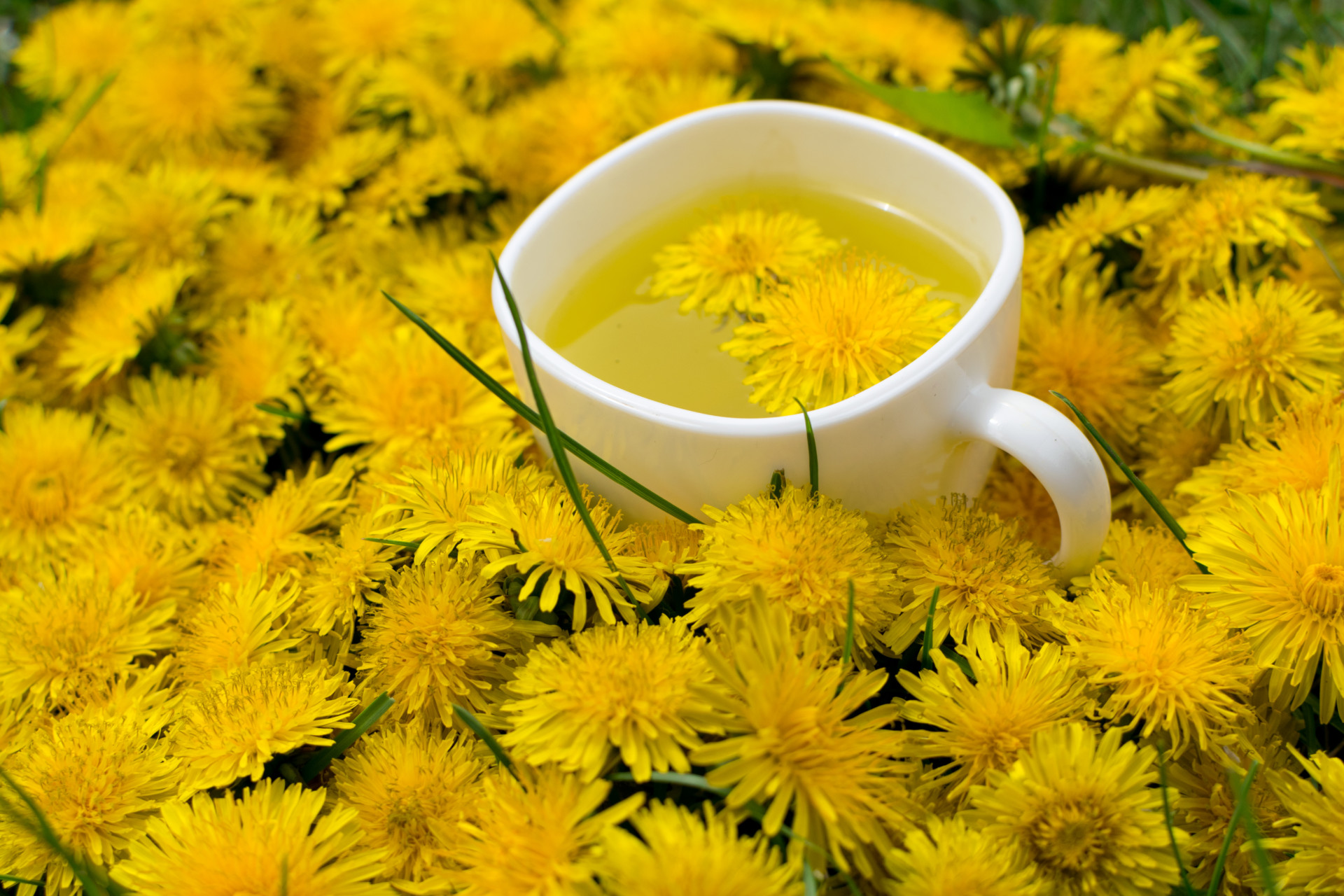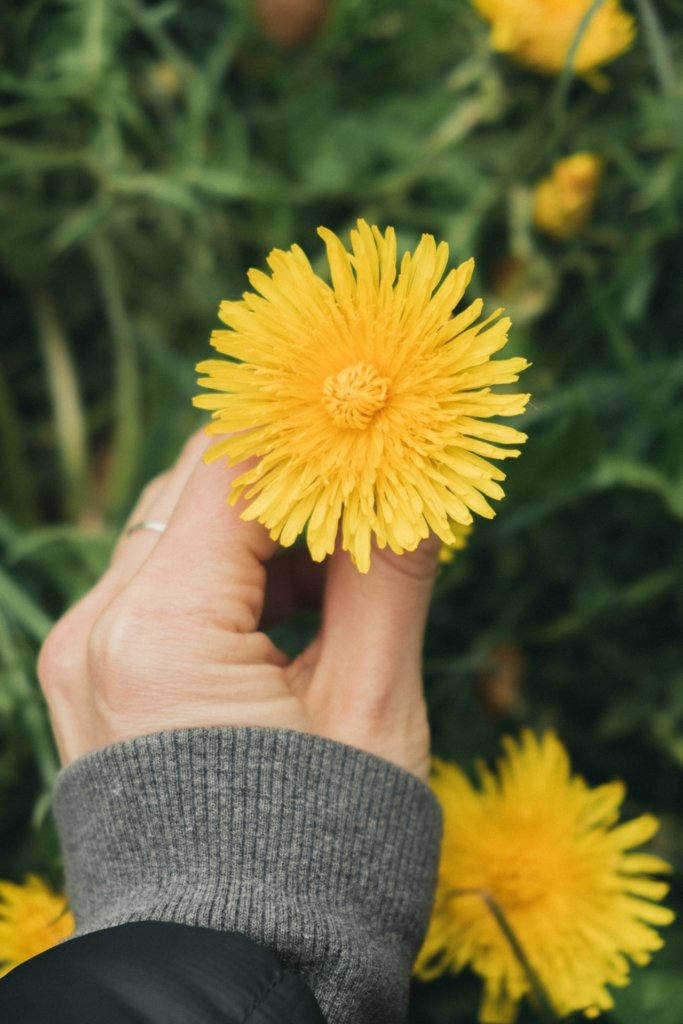The scientific facts we have put together here are nothing short of inspiring.
And, besides, it really sounds so simple and encouraging – you can pick dandelions, dry them, and then brew herbal tea to become healthier and slimmer. Nevertheless, in reality this is not quite the case.
Although dandelions grow everywhere – European cities and Chinese villages are undoubtedly familiar with them – we can’t pick the plants along the roads or in the places with busy traffic. It’s important to consider that all these roadside plants are full of chemicals and heavy metals. It’s better to order an organic dandelion root extract from Amazon to avoid poisoning. Heavy metals, as we know, can lead to very sad consequences, and these are not just horror stories from children’s books. But if you want to feel like a herb hunter, go to the forests and explore the virgin meadows pollinated by wild bees.
It is better to dry dandelion leaves in the spring, while the plant is still young and hasn’t begun to bloom. On the one hand, at this time the leaves accumulate the greatest amount of vitamins, minerals and antioxidants – all the useful things we strive for. On the other hand, tea made from such leaves will taste less bitter.
As for the roots, it is better to plant them in the fall. During the spring and autumn, they manage to accumulate more nutrients, which will make your tea much healthier.
- First one is known as dandelion coffee: you can make it by roasting dandelion roots, steeping them in hot water for about 10 minutes, and straining – just a few simple manipulations that not only Bree Van de Kamp can do, but also less talented ones. Keep in mind that the root pieces should be roughly the same size as coffee beans. Roasting is not a difficult task either. Spread the roots out in an even layer on a parchment-lined baking sheet and cook for about 15 minutes.
- Making dandelion leaf tea takes about 10 minutes. You will need 6 to 8 dandelion leaves, clean enough not to cause an attack of disgust. Gently muddle them until fragrant and add directly to the cup or place them inside a tea infuser. Steep in a cup of boiling water for 5 to 10 minutes.




